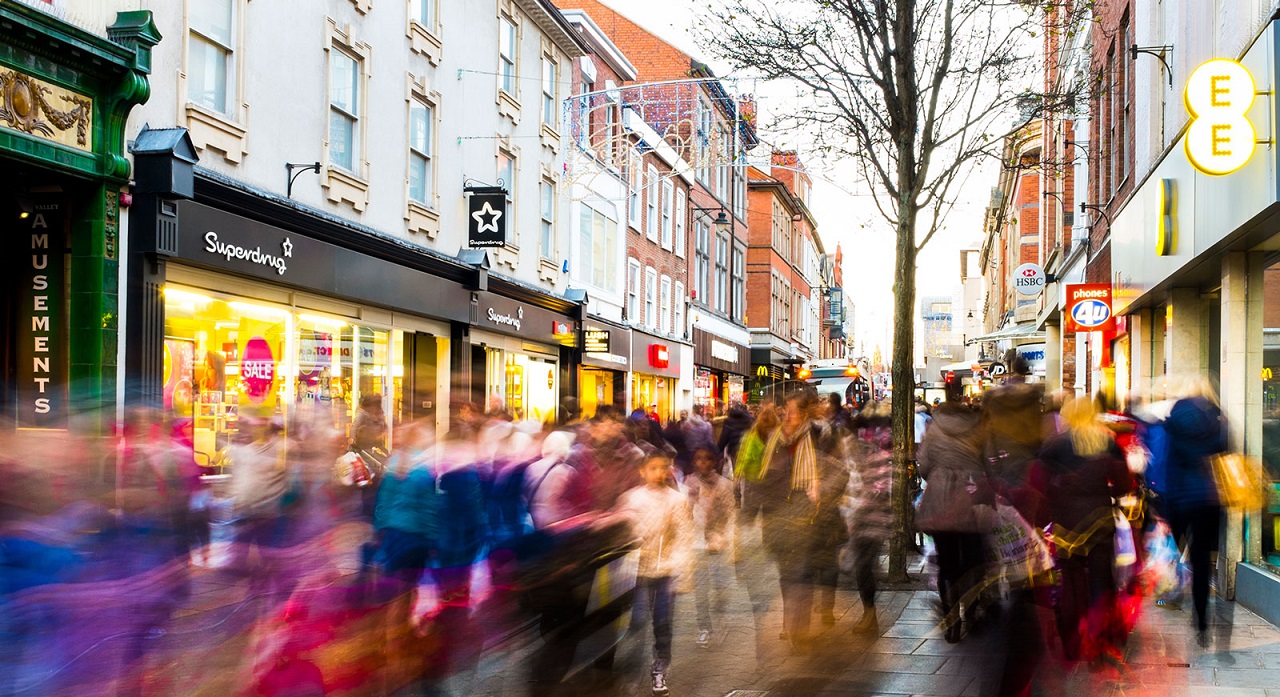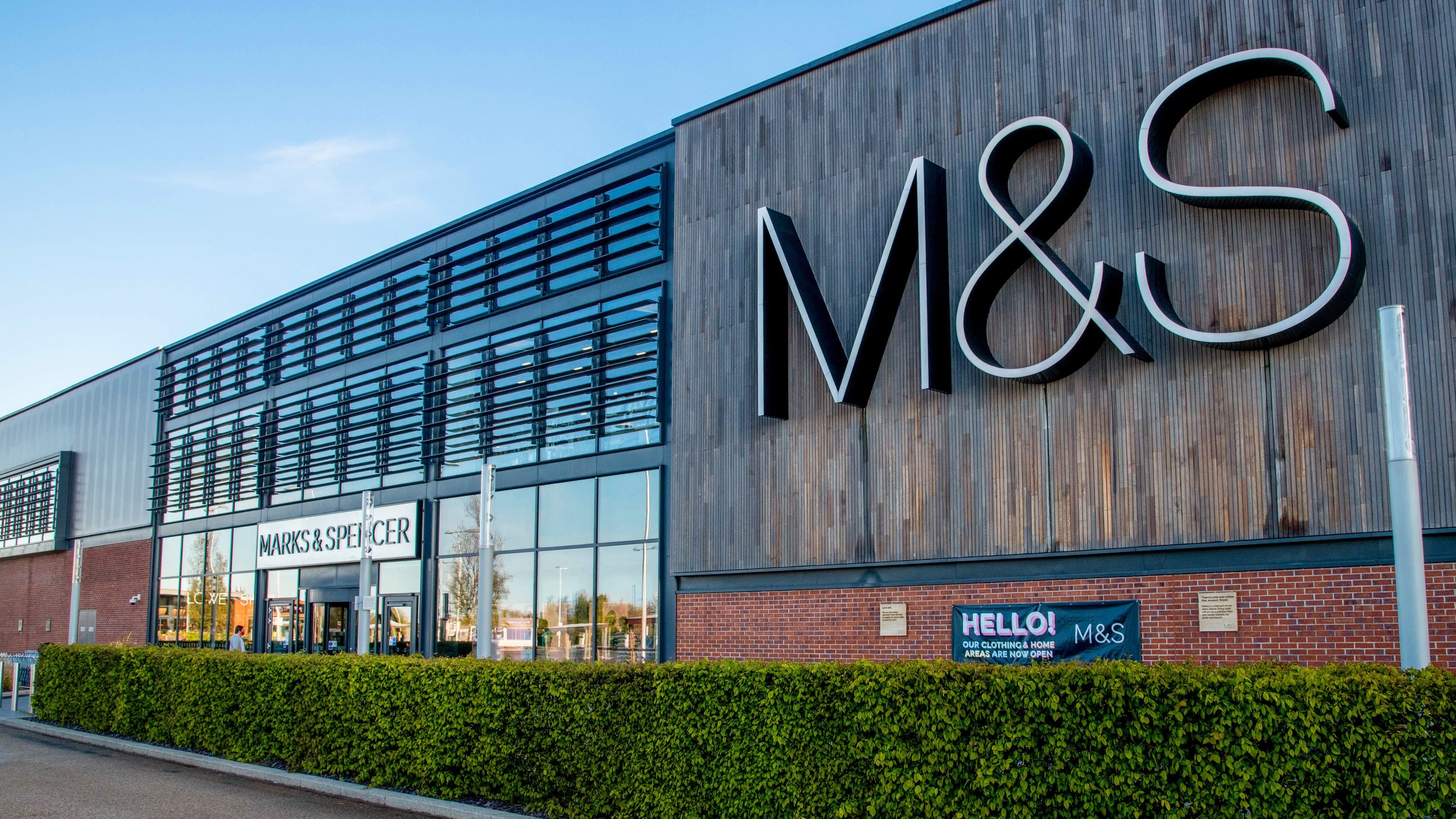Grocery inflation in the UK continued its downward trajectory, marking the 15th consecutive month of decline in May, hitting its lowest level since October 2021, according to industry data released on Tuesday.
Market research firm Kantar revealed that annual grocery price inflation stood at 2.4 per cent in the four weeks leading up to May 12, a drop from the previous period's 3.2 per cent.
However, the report noted that prices continued to rise rapidly for certain product categories, including chilled fruit juices and drinks, sugar confectionery, and chocolate confectionery. This trend underscores the persistent challenges faced by consumers and retailers alike in the face of rising costs.
The official UK data published on April 17 had shown that consumer price inflation fell to 3.2 per cent in March, driven by a slowdown in food inflation to 4 per cent. The inflation data for April is scheduled for release on Wednesday, providing further insights into the nation's economic landscape.
Prime Minister Rishi Sunak has sought to claim credit for more than halving inflation, although his struggling Conservative Party has yet to see a significant boost in opinion polls, trailing behind the opposition Labour Party ahead of an election expected later this year.
Kantar's report also revealed that take-home grocery sales rose by 2.9 per cent over the four-week period compared to the previous year. Among the major players, online grocer Ocado emerged as the fastest-growing retailer, with sales growth of 12.4 per cent over the 12 weeks leading up to May 12.
Discounters Lidl and Aldi also witnessed sales growth of 9.4 per cent and 2.2 per cent, respectively, while Asda, the third-largest player, lagged behind with a 2.0 per cent decline in sales and an 80-basis-point drop in market share.
With Euro 2024 and the Olympic Games on the horizon, Kantar noted that the summer months could potentially bring increased sales for supermarkets, particularly in categories like alcohol. "Especially if it's paired with warmer temperatures, this year's summer of sport could deliver a welcome boost for the sector," said Fraser McKevitt, head of retail and consumer insight at Kantar.
Latest News
-
Asda targets Primark with George clothing expansion plans
-
Pandora partners with Amazon to catch counterfeiters
-
Walmart boosts employee and customer-facing applications with partnership renewal
-
H&M holds prices steady as rivals Zara and Shein hike costs due to US tariffs
-
UK regulator says Mastercard and Visa are breaking competition law
-
Superdrug to launch 30 interactive Beauty Playgrounds nationwide
Supermicro and NVIDIA’s AI Solution for Retailers
To find out more: click here
Poundland significantly reduces antisocial behaviour, aggression and shoplifting with Motorola Solutions VT100 body cameras
Retail should not be a high-risk occupation. As a company, we are focused on listening to our colleagues and customers to help them with the issues they are facing in-store and so far, the feedback on our body cameras has been excellent. They act as a great visual deterrent, help to de-escalate situations and overall, this project has significantly aided our goal to make the retail environment safer.
For further information on Motorola Solutions’ retail security products, including body cameras, click here.
For further information on Motorola Solutions’ retail security products, including body cameras, click here.
© 2024 Perspective Publishing Privacy & Cookies




.png)





Recent Stories